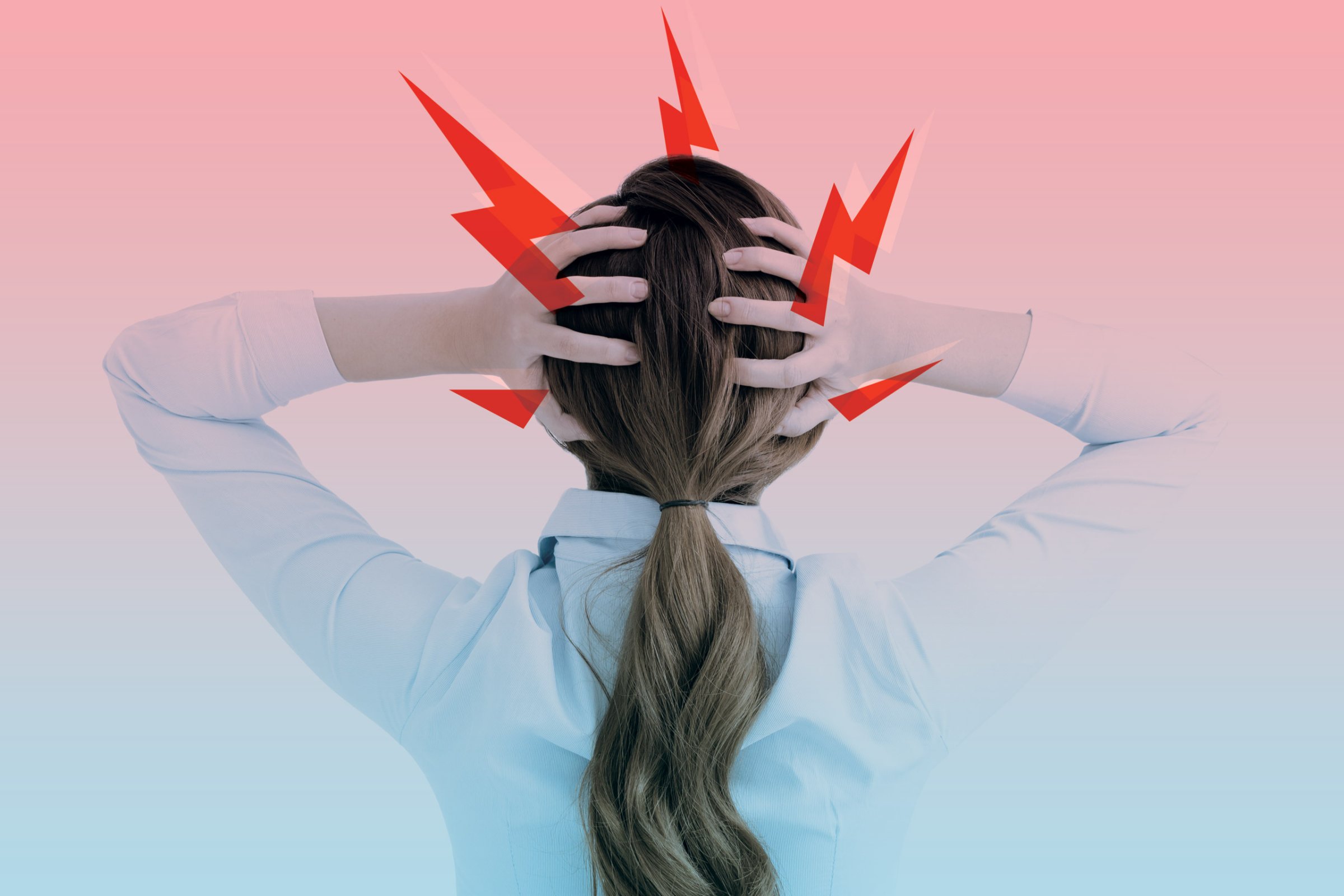
Migraines—searing headaches that feel like a hammer to the inside of the skull—can strike anyone, but they predominantly affect women, who are up to four times more likely than men to get them. What causes them, and why they impact women more, remains unclear, but a pair of new studies adds urgency to the need to find better methods of treatment.
One new study published Tuesday in the journal The BMJ found that women who get migraines are also more likely to develop heart conditions like heart attacks and strokes, and are also slightly more likely to die from them compared to women who do not regularly get migraines.
The researchers looked at data of 115,51 women between the ages of 25 to 42 who were part of the Nurses’ Health Study II. The women were then followed for 22 years, and the researchers looked for whether they experienced heart complications. About 15% of the women in the study reported having migraines, and these women were 50% more likely to have a serious heart event compared to women without migraines. Based on the results, the researchers argue migraines should be considered as a risk factor for heart disease.
The study wasn’t able to determine how exactly pain in the brain can hurt the heart, but it’s possible that the link has to do with genetics, inflammation or problems in the blood vessels.
Another study, published Wednesday in the journal Neurology, looked into the connection between hormones and migraines, which experts have long believed plays a role. Migraines are more common for women in the two days leading up to her period.
The study was relatively small and had 114 women who get migraines and 223 women who don’t get them record their migraine history, keep daily headache diaries and collect daily hormone data from urine samples for an entire menstrual cycle, one cycle per year, over a 10 year period of time. They found that women who get migraines often have faster drops in their estrogen levels the days before their period compared to women who do not get migraines. The withdrawal of estrogen is one possible trigger. “It’s unlikely that the estrogen fluctuation alone causes a migraine, but it may a precipitating factor,” says study author Dr. Nanette Santoro of the University of Colorado School of Medicine.
Santoro says men do not experience the same type of large hormone fluctuations with testosterone as women do with the hormones estradiol and progesterone each month. “Women whose migraines are influenced by their hormone fluctuations—and most are—are just going to have more headaches than a man who does not experience hormone fluctuations,” says Santoro.
Currently there is no cure for migraines, and people who get them often take pain killers or medications to prevent their onset. Researchers hope a better understanding of what causes migraines will lead to better relief down the road.
More Must-Reads from TIME
- Donald Trump Is TIME's 2024 Person of the Year
- Why We Chose Trump as Person of the Year
- Is Intermittent Fasting Good or Bad for You?
- The 100 Must-Read Books of 2024
- The 20 Best Christmas TV Episodes
- Column: If Optimism Feels Ridiculous Now, Try Hope
- The Future of Climate Action Is Trade Policy
- Merle Bombardieri Is Helping People Make the Baby Decision
Contact us at letters@time.com